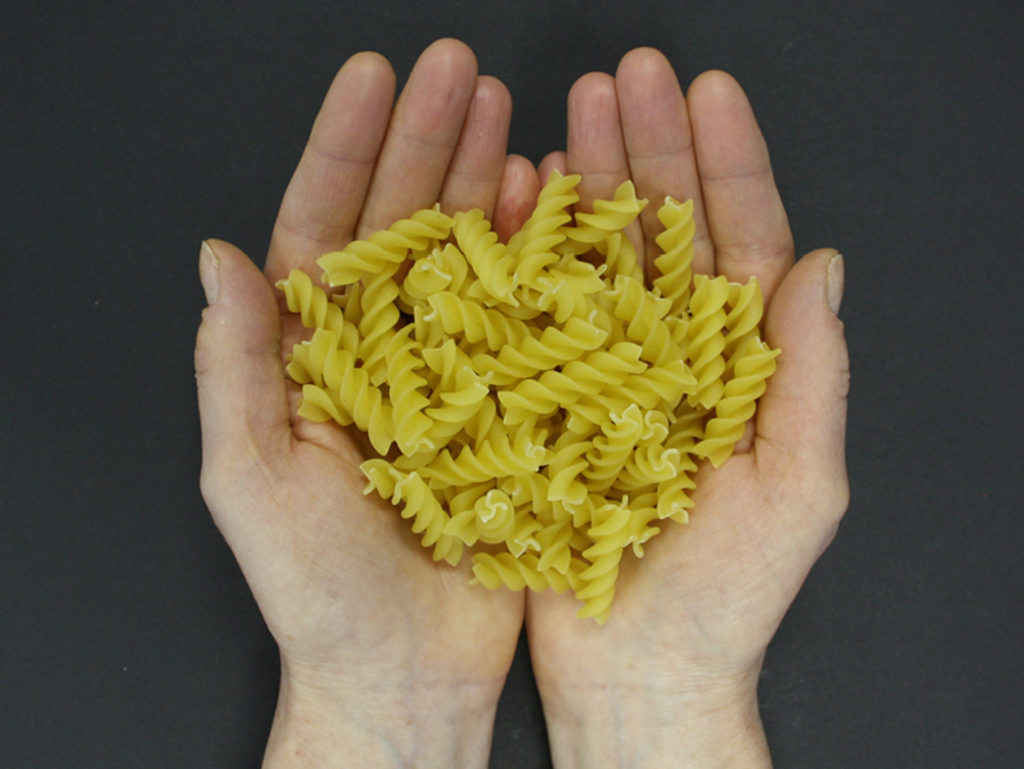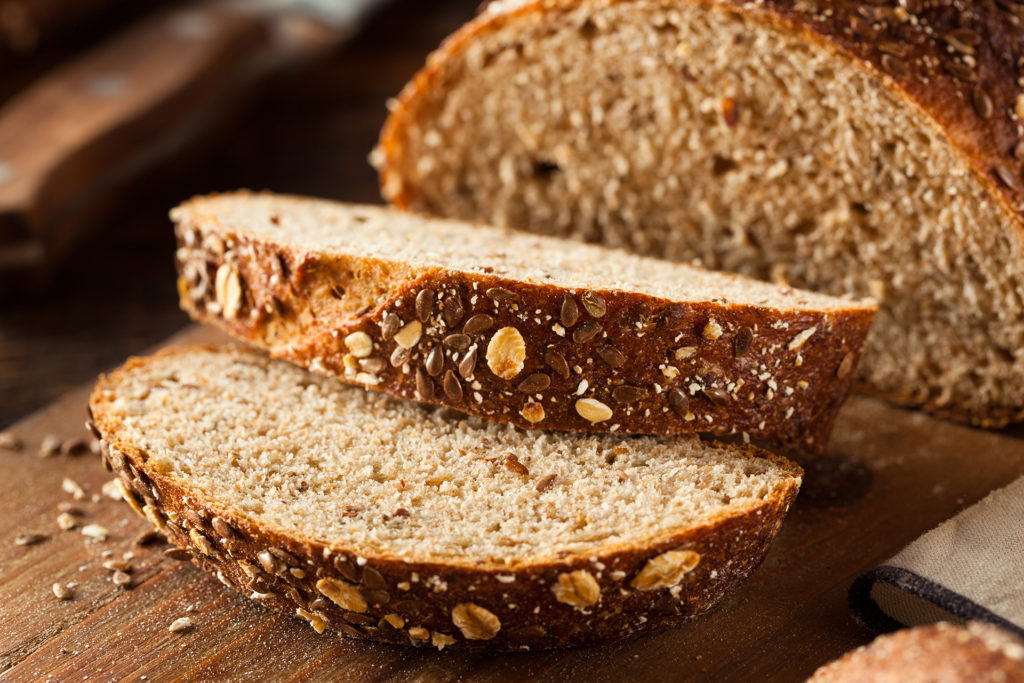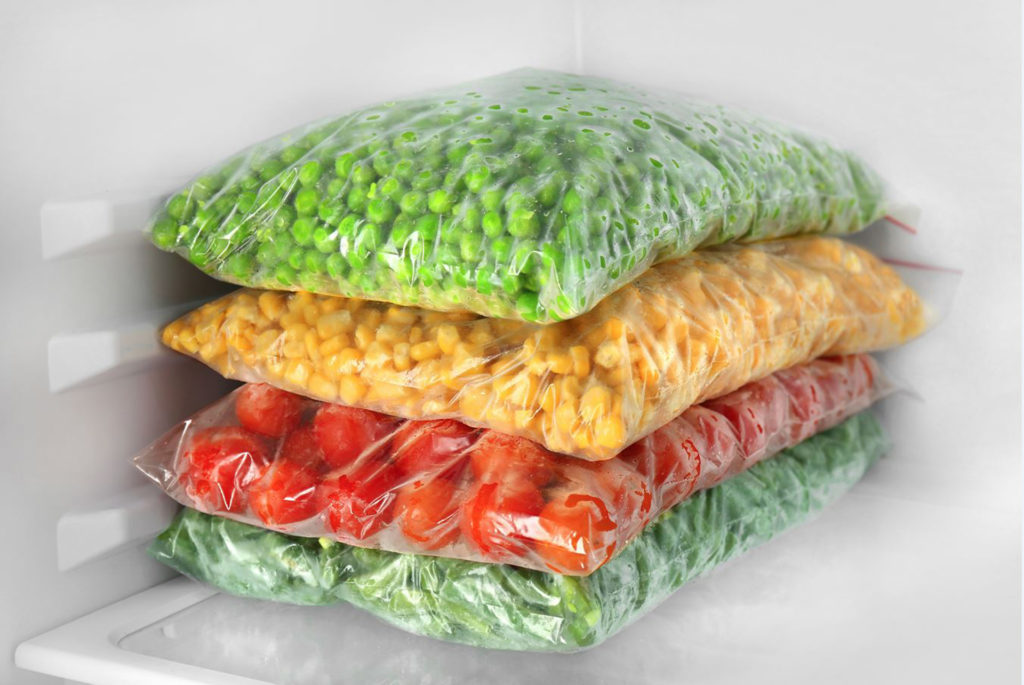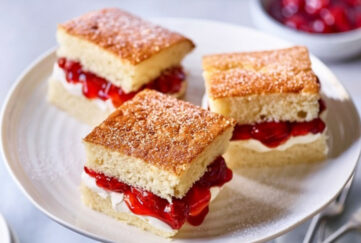15 Tips To Make Food Go Further During The COVID 19 Outbreak
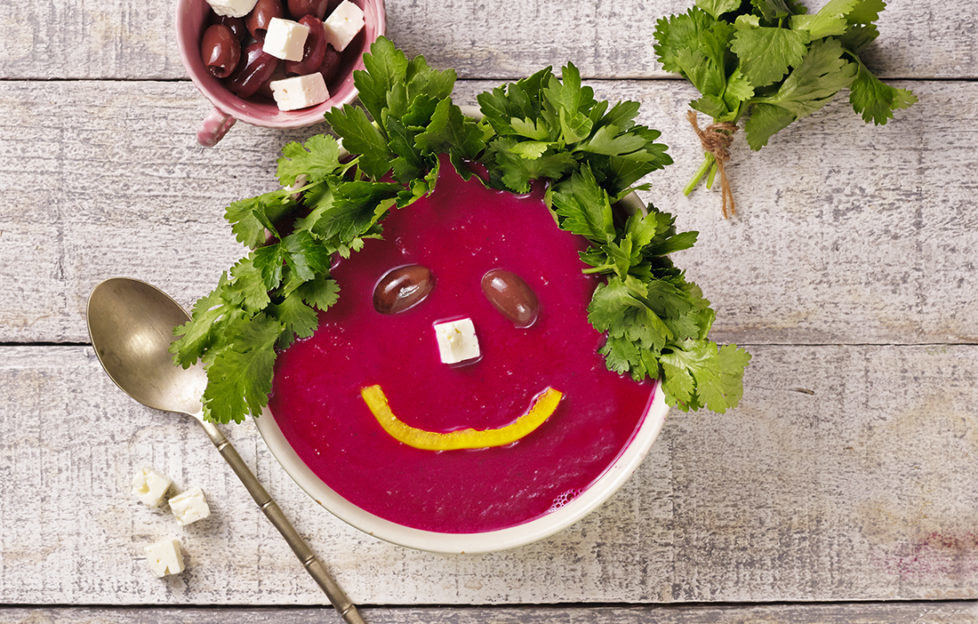
Rachel Clark, a nutritionist at World Cancer Research Fund (WCRF), shares her top 10 tips for reducing food waste and making food go further during the COVID-19 outbreak. They’ll save you money, too!
Basically, water is your friend when something needs freshening up. Many items of fresh food that have gone bendy or dried out can be revived in this way.
How to keep fruit and veg fresh
- Use fruit or vegetables that are past their best to make juice, smoothies or soup.
- A handy trick I learned is wrapping lettuce, carrots, courgettes and other vegetables in kitchen paper and then putting them in plastic bags in the salad compartment of the fridge. They keep fresh for longer this way as the paper stops the condensation from softening the veg and also stops mould.
- Alternatively, try keeping the stems of vegetables such as broccoli, celery and asparagus in water to help them stay fresh and crisp.
Getting creative with leftovers
- Measure out portions of rice, potatoes and pasta so you cook the right amount.
- I like to freeze leftover sauces in ice cube trays and use them to flavour future dishes.
- Use leftover yogurt in a cake or scone mixture instead of milk.
- Don’t throw potato peelings away. Just sprinkle with pepper, chilli or other spices and crisp them in the oven. Yum!
How to revive stale bread
- Bread is a staple in my house, and if it ever gets a little stale I refresh it by soaking the loaf under running water, then reheating on a moderate heat in the oven until crisp and golden.
- I also like to make garlic bread fingers with the end crusts from a loaf. Simply grill one side, spread with garlic butter, grill again and cut into fingers.
- Save sandwich crusts in a plastic bag in the freezer until you have enough to make breadcrumbs.
It’s passed the use-by date, surely it’s not safe to eat?
Is it the use-by date or the best before date? There’s a big difference between the two, as Rachel explains…
Canned food can be healthy
- Canned or tinned foods are great for reducing food waste as they can be stored for longer. They can also be just as healthy as fresh options – just make sure you aim for tinned fruit in juice, and avoid fruit in syrup.
- And don’t limit yourself to tuna and baked beans – especially as they are unavailable in many shops at the moment. There are many kinds of fruit (prunes, peaches, pineapple), vegetables (sweetcorn, peas, asparagus), pulses (chickpeas, butter beans, kidney beans) and fish (salmon, sardines, mackerel) that can be bought cheaply in tins.
- For a healthier option, buy fish, beans and pulses canned in water, rather than in oil or with added sugar and salt.
Get your 5-A-Day from the freezer!
- Frozen fruit and vegetables are often cheaper, but just as nutritious as fresh and still count towards your 5-A-Day. Plus, they may be available when fresh stock is limited in store.
- Chop up fresh herbs and store them in a bag in the freezer for up to 12 months.
Find great free recipes making use of leftovers here.
Do you have more bright ideas for making food go further? Email or post them to us at the address in My Weekly magazine, with a photo, and you could win £25!


